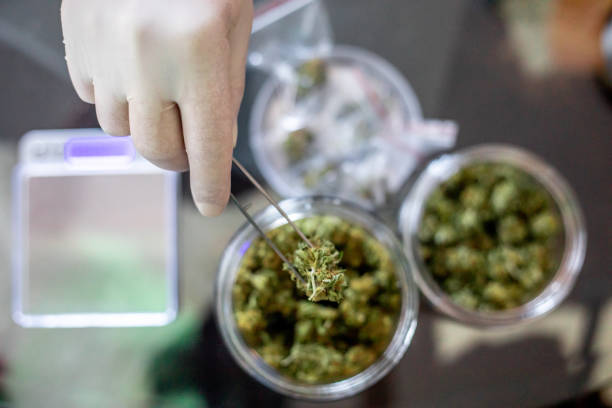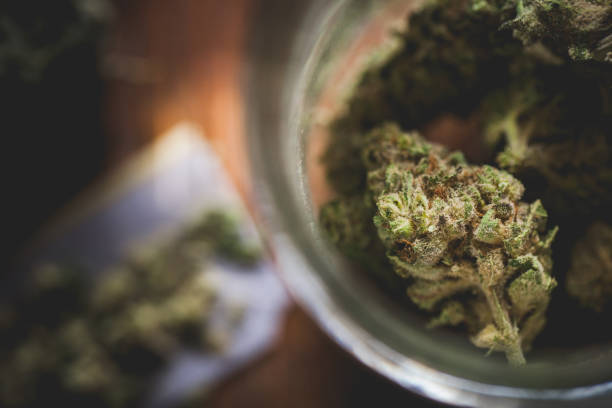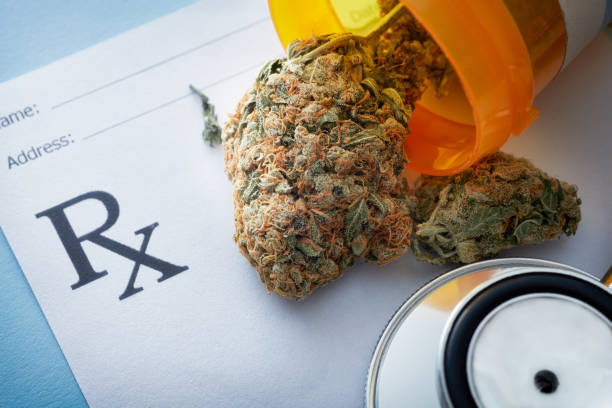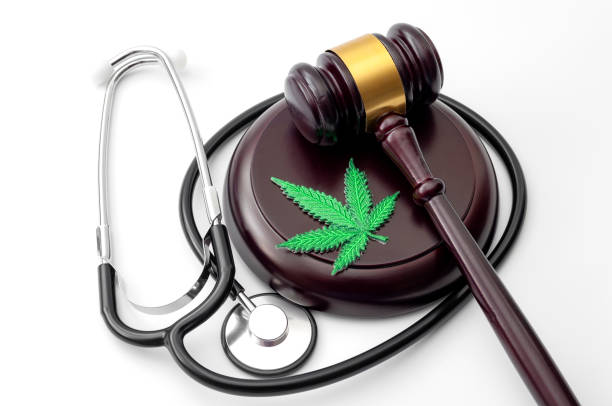Legalization of Medical Cannabis

Contrary to popular assumption, the Therapeutic Goods Administration; TGA does not have a set list of diseases for which marijuana is approved.
If you have tried traditional medications for your symptoms and they either did not completely control them or had side effects that are all that is required to assess your eligibility.
Contrary to popular belief, medical cannabis does not have to be a last resort. Instead, it cannot be used as the first line of treatment. To qualify, you must have tried a licensed drug that your doctor would typically recommend for your symptoms.
You would then be considered qualified to try medical cannabis if the prescribed drug is found to be ineffective or has severe adverse effects.
A strong body of research demonstrates that medicinal marijuana can help lessen symptom severity and pain intensity for various diseases.

Applications with TGA Approval
The TGA has authorized medicinal marijuana as a treatment for the following ailments as of September 2021:
Chronic pain, anxiety, managing the symptoms of cancer, insomnia, neuropathic pain, post-traumatic stress disorder (PTSD), sleep disorder, epilepsy, managing seizures, Parkinson’s disease, attention deficit hyperactivity disorder (ADHD), nausea, multiple sclerosis (MS), movement disorder, anorexia, tremor, dystonia, restless legs syndrome (RLS), arthritis, and inflammatory bowel disease.
More than 190 items are accessible in Australia, and more are constantly being introduced. Products can take a variety of forms:

- Oils
- Flower (for vaporization)
- Capsules
- Oral Sprays
- Wafers
- Dissolving oral strips
- Creams and topical formulations
- What Are Medical Cannabis Concentrates Prescribed?
Three categories of goods are often distinguished: CBD, Balanced (CBD+THC), and THC products.
Following are some further product distinctions within CBD:
Full-spectrum CBD is an extract of the cannabis plant that includes all the cannabinoids, terpenes, and other naturally occurring substances (including very low, non-impairment levels of THC). To optimize the possible “entourage impact,” a full spectrum is required. You can read more about Can CBD Oil Cause Eyes Redness or Dryness? by visiting https://hollywoodeyesflorida.com/can-cbd-oil-cause-eyes-redness-or-dryness/
To comply with Australian driving regulations, CBD Broad Spectrum is full spectrum CBD that has been further processed to remove any traces of THC. This strikes a decent compromise between being able to drive legally and maximizing the entourage effect potential.

All other terpenes, minor cannabinoids, and other naturally occurring substances found in cannabis have been eliminated from CBD Isolate, making it a highly refined product. Driving while taking CBD isolation is legal, but you miss out on any potential entourage effects. CBD isolates are likely to be included in Schedule 3 over-the-counter CBD products.
THC and CBD are equally distributed. This is typically considered when CBD alone is insufficient to control symptoms. According to research, THC is needed to reduce pain symptoms.
THC Dominant: CBD is barely detectable, and THC predominates.
The doctor will begin by prescribing a medication they believe would work best for your symptoms and condition. For instance, it is believed that a balanced solution with both CBD and THC will be the most beneficial for nerve pain.
Most people begin using a CBD-dominant product for anxiety.
You might need to try one or two alternative formulas to select the best product. There is no standard dosage for medical cannabis because it is a customized medication that affects each person differently.
The ideal strategy is to seek the appropriate formulation and dose under the guidance of an expert physician.
- Which Medical Professionals Can Write Marijuana Prescriptions?
In Australia, if marijuana is deemed necessary, any doctor may prescribe it. Due to a long history of stigma and misinformation, the issue is that the majority of doctors do not see marijuana as a treatment.
It can be challenging to persuade your family doctor to recommend marijuana. Given the unregistered state of cannabis treatments, even if they are amenable, a ton of paperwork is necessary.
The Therapeutic Goods Administration (TGA) typically requires doctors to submit applications for dispensing unregistered drugs, such as medical marijuana, under the Special Access Scheme.

Some doctors have applied to become Authorized Prescribers, which frees them from having to keep submitting applications to the TGA and allows them to prescribe a range of cannabis products.
- Can I Grow My Marijuana if I Have a Prescription?
Unfortunately, individuals cannot produce their medical marijuana even if they have a prescription. For businesses to legally cultivate medicinal cannabis for patients in Australia, they must get an ODC license and the necessary permissions.
Currently, the majority of medications provided in Australia come from other countries with more developed medical cannabis programs and larger patient populations.
Locally grown and produced medical cannabis is a burgeoning market, but it is still in its early stages. More regional production won’t start up for some time.
However, the inflow of foreign rivals flooding the Australian market with merchandise has not stopped prices from falling, leading to better costs for Australian patients.
- Driving on medical cannabis
Medical cannabis while driving is possible, depending on the prescribed medication. As long as they are not impaired, many patients using CBD isolate and CBD broad spectrum products (where the THC has been removed) are permitted to drive.
However, patients who use THC-containing cannabis products face the danger of failing a roadside drug test. Unfortunately, people with lawful prescription cannabis are still subject to roadside drug testing and possible legal repercussions.
Australian driving regulations test for oral fluid THC detection rather than impairment. After vaping, THC is often detectable in oral fluid for up to 12 hours. Remember that this is quite varied and that THC may still be found long after that.
Australian driving rules do not consider this, despite recent studies suggesting a negligible increase in crash risk with low blood THC concentrations.
However, the tide is turning as numerous organizations call for more similar drug-driving regulations that take medical cannabis into account.
Using medically prescribed cannabis as a defense against a positive roadside test is now permitted in Tasmania for medical cannabis users who take THC but are not impaired.
- How to get started
Your usual doctor is the ideal person to talk to first. They can refer you to our clinic by filling out our referral form if they want to support you but don’t feel confident prescribing.
You can take our brief eligibility test here and schedule a phone or video consultation with one of our medical cannabis doctors if your doctor is not on board with the idea or is willing to talk about it.
